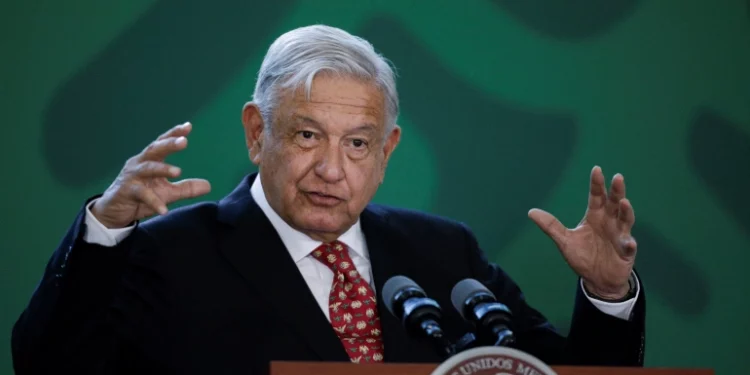Regulatory uncertainty persists with Mexican energy reform rejection
Mexican energy reform proposed by President Andres Manuel Lopez Obrador has faced two legal challenges with different outcomes, resulting in ongoing regulatory uncertainty for the energy sector, Fitch Rating says.
Revisions to the Electric Industry Law, or Ley de la Industria Electrica (LIE), would give dispatch preference to power plants of Comision Federal de Electricidad (CFE; BBB-/Stable), the state-owned utility, and renegotiate or revoke legacy permits to benefit CFE.
The Mexican Supreme Court dismissed an Unconstitutionality Action on April 7, 2022, filed by the Upper House of Congress against the LIE amendments, as the action was one vote short of a supermajority needed for a declaration of unconstitutionality. The lower courts must now resolve the 250 filed injunctions (amparos) against the amendments without binding direction from the Supreme Court.
Private power projects are protected against the LIE reforms until the last injunction is resolved. However, because lower courts will have individual discretion to resolve the injunctions, this may result in differing opinions regarding the enforceability of the amendments and legal uncertainty will diminish future investment in the power sector.
Regardless of the lower courts’ decisions, Fitch expects new power projects to continue facing headwinds when attempting to obtain permits. Increased spot price volatility is also likely due to insufficient investment in transmission expansion, which increases vulnerability to congestion.
Subsequent to the Supreme Court dismissal of the challenge to LIE, on April 17, 2022, the Mexican lower house voted down the energy reform constitutional amendments proposed by President Obrador. Similar to LIE, these proposals sought to give CFE priority dispatch and cancel all private power contracts and permits.
President Obrador’s Morena party, which has a majority in Congress, could not secure the opposition party votes needed to ratify constitutional amendments that would increase CFE’s market share to 54% from 38%, reversing the 1992 and 2013 energy reforms that were intended to expand private investment in the energy sector.
Read: Nigeria: CBN bars further monetary policy tightening despite global inflation concerns
Congress’ decision dilutes some regulatory risk as private generators will be able to file local legal challenges against the LIE amendments with a stable constitutional framework, although legal uncertainty persists.
Self-supply projects and legacy independent power producers (IPPs) are vulnerable to permit revocation and power purchase agreements (PPA) renegotiation, respectively. For instance, CE Oaxaca Dos, S. de R.L. de C.V. and CE Oaxaca Cuatro, S. de R.L. de C.V. wind projects, each rated ‘BBB-’ with a Rating Watch Negative, are particularly exposed to PPA price renegotiation as PPA prices are above current merchant prices and law reform is not necessary to adjust price levels.
Lower prices would erode projects’ financial positions, hindering their ability to meet debt service obligations, but contract renegotiation would require bondholder approval.
Geographic location is key to estimating final dispatch losses should the injunctions be lifted. Combined-cycle power plants, such as FEL Energy VI S.a r.l. (FEL; BBB-/Stable), may experience the greatest effects to dispatch if the amendments are enforced, as they are located close to CFE’s legacy thermal units.
However, FEL and other private generators will have the option to file new amparos once the amendment’s regulations are codified and enforced.
Fitch estimates Mexico’s electricity sector investment needs are approximately USD10 billion per year for the next 15 years, with power capacity expansion necessary to meet demand.
CFE alone cannot support Mexico’s total investment as high investment requirements without government support could weaken CFE’s credit metrics and pressure its Standalone Credit Profile (SCP). This would widen the gap between the company’s rating and Mexico’s sovereign rating. A sustained deterioration in CFE’s SCP could change Fitch’s assessment of the linkage to the sovereign rating to reflect delays in, or proactive, government support.








